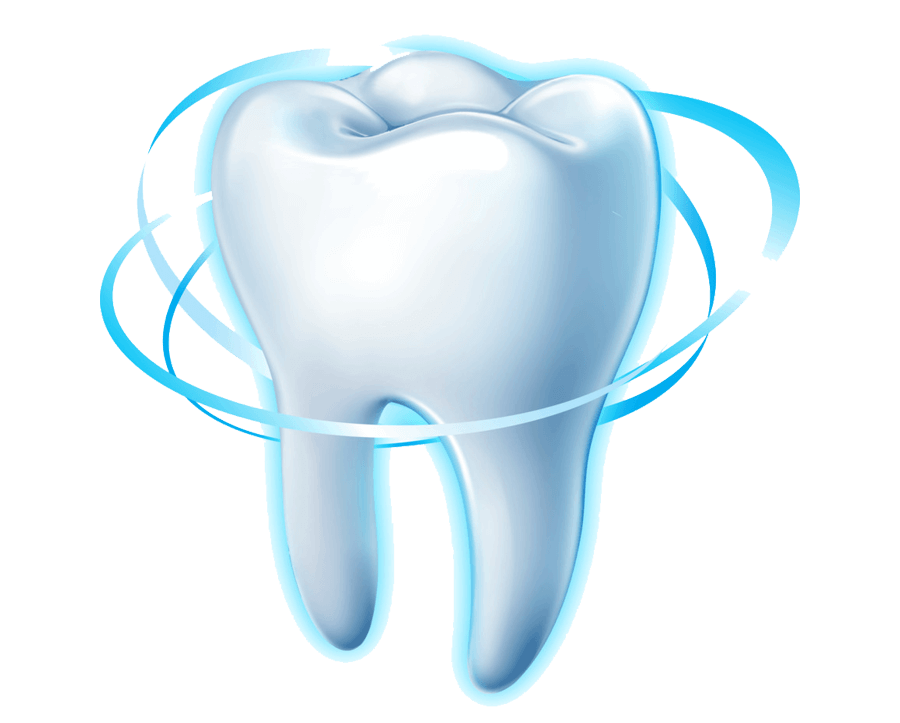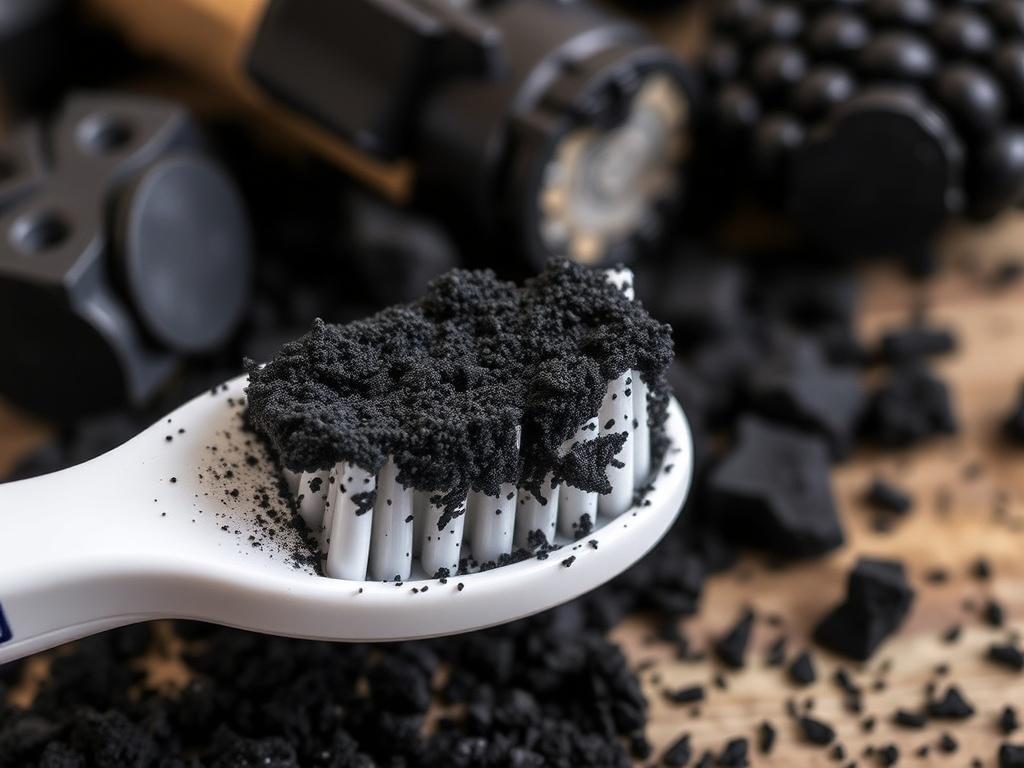Содержание
- 1 Introduction to Charcoal Toothpaste
- 2 What Is Charcoal Toothpaste?
- 3 How Does Charcoal Toothpaste Work?
- 4 The Advantages of Charcoal Toothpaste
- 5 Potential Risks and Concerns of Charcoal Toothpaste
- 6 How to Use Charcoal Toothpaste Safely
- 7 Comparing Charcoal Toothpaste to Traditional Whitening Toothpastes
- 8 What Dentists Say About Charcoal Toothpaste
- 9 Natural Alternatives to Charcoal Toothpaste
- 10 Summing Up the Pros and Cons of Charcoal Toothpaste
- 11 Frequently Asked Questions About Charcoal Toothpaste
- 12 Final Thoughts on Charcoal Toothpaste Use
- 13 Conclusion
Introduction to Charcoal Toothpaste
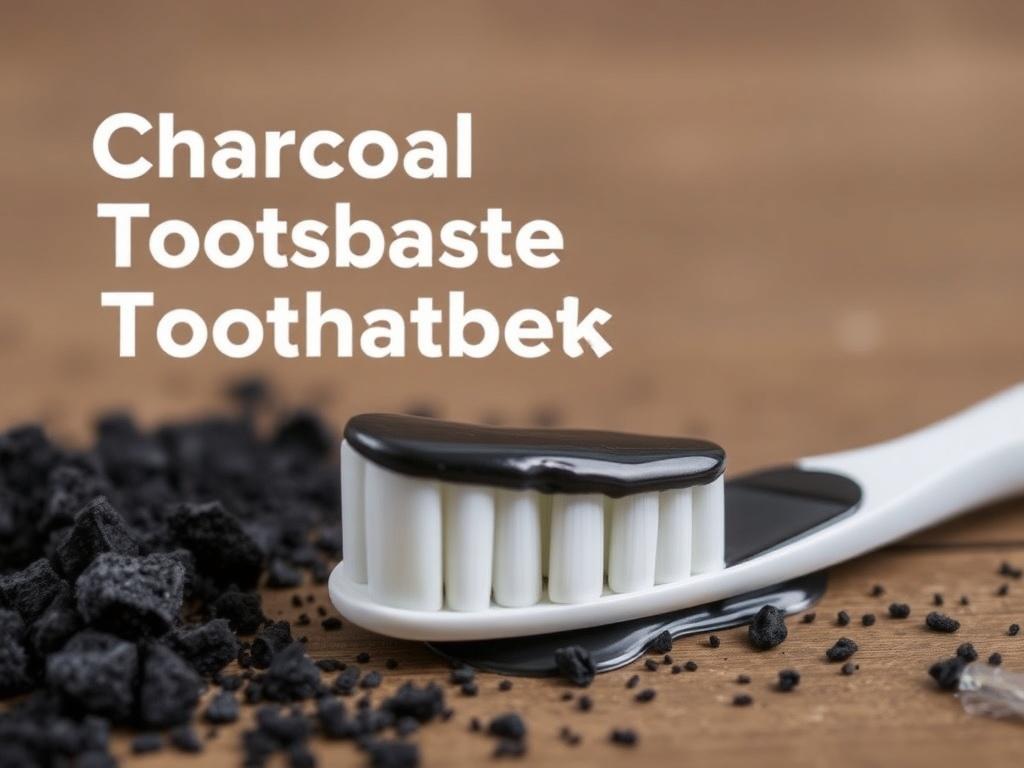
Over the past few years, charcoal toothpaste has surged in popularity, touted as a revolutionary way to whiten teeth naturally and detoxify the mouth. You might have seen celebrities endorsing the product or spotted it on the shelves in health stores and pharmacies. The idea sounds appealing — a black powder that can brighten your smile, remove stains, and promote oral health without harsh chemicals. But is charcoal toothpaste really effective, or could it be harmful? This article will take you through all the details you need to know, helping you decide whether to include charcoal toothpaste in your daily dental care routine.
What Is Charcoal Toothpaste?
Charcoal toothpaste typically contains activated charcoal, a form of carbon processed to have small, low-volume pores that increase surface area. Activated charcoal has been used for decades in medical treatments to absorb toxins in cases of poisoning. In cosmetic and dental products, it is believed to trap and remove impurities and stains from the teeth’s surface. Unlike regular toothpaste, which primarily relies on fluoride and other ingredients for cleaning and cavity prevention, charcoal toothpaste banks on the adsorbent properties of charcoal to pull out stains.
The formula often includes other ingredients such as natural oils, baking soda, or peppermint for flavor. However, one key difference that jumps out is its distinctive black color, which can leave your mouth and toothbrush stained temporarily.
How Does Charcoal Toothpaste Work?
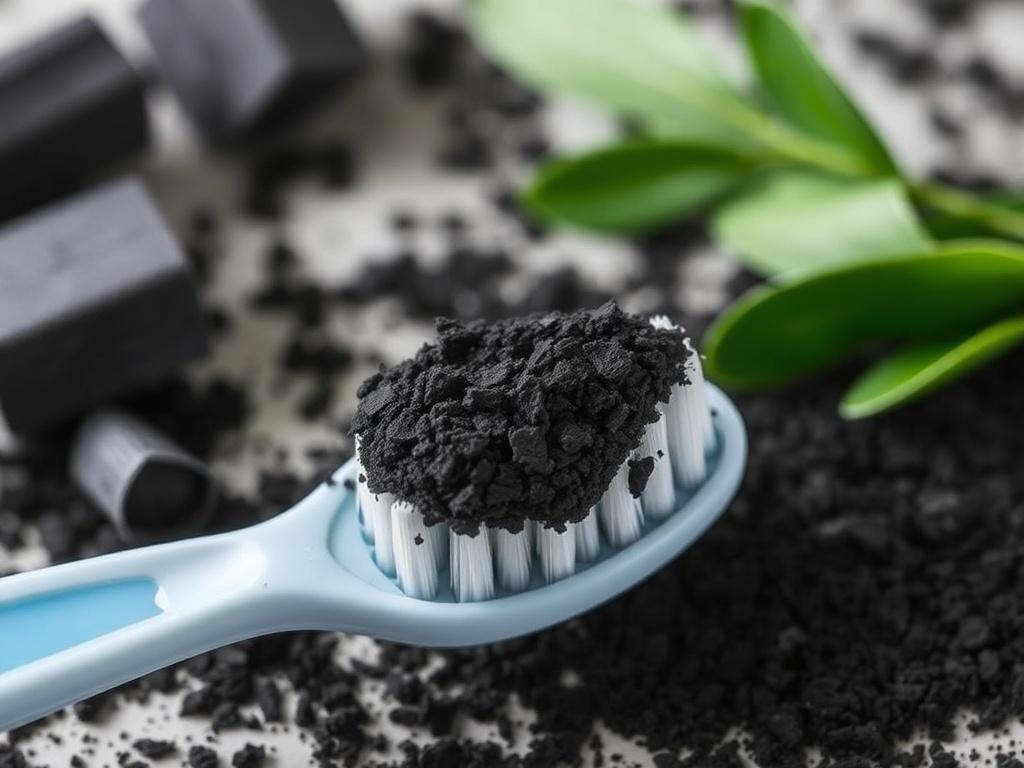
The mechanism behind charcoal toothpaste’s effectiveness lies in adsorption rather than absorption. Charcoal’s porous texture attracts and binds to compounds that cause discoloration and bad breath, such as tannins from coffee or tea, and certain bacteria in the mouth. When you brush with charcoal toothpaste, these pigmented molecules stick to the charcoal particles and are wiped away, theoretically leaving your teeth cleaner and whiter.
That said, it’s important to understand that charcoal toothpaste works primarily on surface stains and may not remove deeper, intrinsic stains that develop within the enamel. It’s not a bleaching agent like hydrogen peroxide-based whitening products.
Surface Stain Removal vs. Teeth Whitening
To clarify, surface stain removal is different from teeth whitening. Surface stains result from everyday foods, drinks, and habits like smoking and can often be brushed off with abrasive toothpaste. Teeth whitening, however, involves chemical changes to the enamel or dentin, lightening the natural color of the tooth beneath the surface stains.
Charcoal toothpaste mainly tackles surface stains, which may give the illusion of whiter teeth. For some users, this can be impressive initially, but the effect might be limited or short-lived.
The Advantages of Charcoal Toothpaste
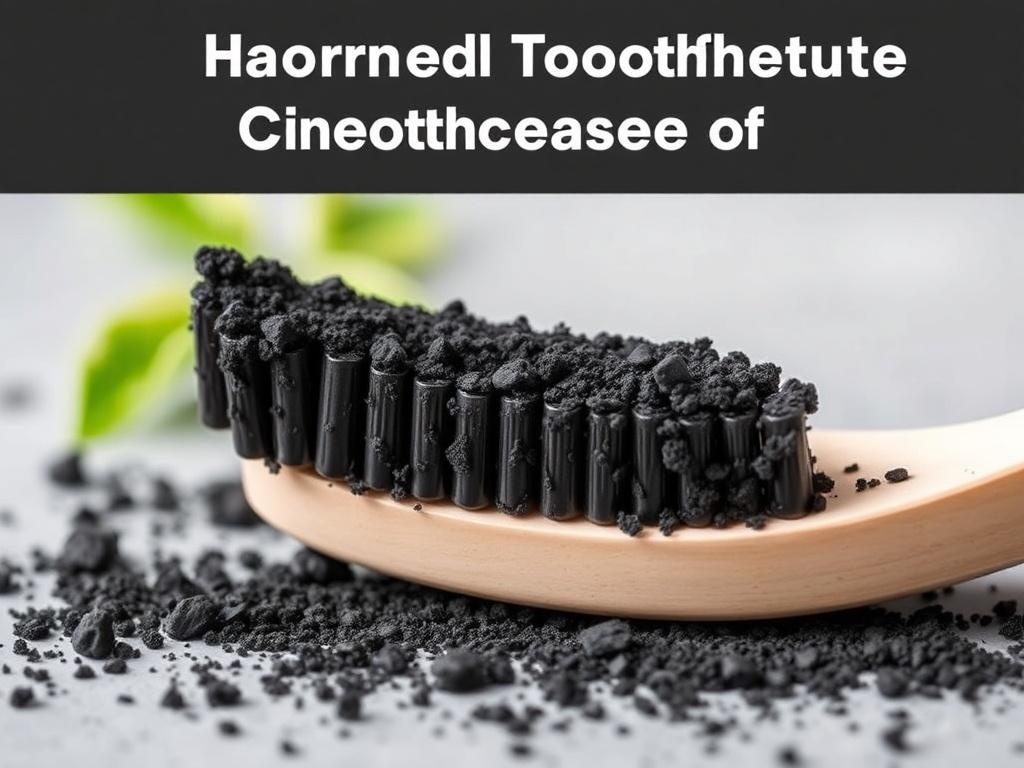
There are several reasons why charcoal toothpaste has gained such a following. Let’s break down the key benefits:
- Natural Ingredients: Many charcoal toothpastes are made with fewer synthetic chemicals and artificial additives, appealing to people seeking natural personal care products.
- Surface Stain Removal: As mentioned earlier, charcoal can help reduce surface staining from coffee, tea, and wine.
- Detoxifying Effects: Activated charcoal is known for its ability to bind to impurities, which proponents claim helps to “detoxify” the mouth and freshen breath.
- Whitening Effect: While limited, the removal of surface stains can give the appearance of a brighter, cleaner smile.
- Affordable and Accessible: Charcoal toothpaste is widely available and may cost less than specialized whitening products.
These appeals are significant for consumers looking for a simple way to improve oral aesthetics without complex treatments. Moreover, the «natural» label is a strong marketing point for many people wary of chemicals.
How Charcoal Toothpaste Fits Into Daily Oral Hygiene
Using charcoal toothpaste as part of your routine is straightforward — you can brush twice a day like with regular toothpaste. Some people like to alternate between charcoal toothpaste and a regular fluoride toothpaste to gain both surface cleaning and cavity protection. However, since not all charcoal toothpastes contain fluoride, it’s critical to ensure you maintain adequate fluoride in your oral care regimen to prevent decay.
Potential Risks and Concerns of Charcoal Toothpaste
Despite its attractions, charcoal toothpaste is not without drawbacks and potential hazards. Dental experts emphasize caution because the abrasive qualities that help remove stains can also harm your enamel.
Abrasiveness and Enamel Erosion
One of the biggest concerns with charcoal toothpaste is its abrasive nature. Enamel, the hard outer layer that protects your teeth, can wear down over time if exposed to hard abrasives. Once enamel erodes, teeth can become sensitive, more prone to cavities, and may look yellowish due to the dentin beneath being exposed.
Unlike traditional toothpaste, which is formulated with abrasiveness safe for enamel, charcoal toothpaste abrasiveness has not been extensively regulated or tested. Some charcoal products have very high abrasivity that could cause permanent damage with regular use.
Staining and Messiness
Ironically, charcoal toothpaste may sometimes lead to black stains on gums, lips, or even dental restorations like crowns and veneers. While these stains usually wash away, they can be off-putting and inconvenient.
Lack of Fluoride
Some charcoal toothpastes do not contain fluoride, an essential mineral for strengthening teeth and preventing cavities. Switching to a charcoal toothpaste without fluoride exclusively could increase your risk of tooth decay in the long term.
Limited Scientific Evidence
It’s important to note that, to date, relatively few rigorous clinical studies validate the safety and efficacy of charcoal toothpaste compared to conventional products. Most dental associations remain cautious or advise against regular use until more evidence is available.
How to Use Charcoal Toothpaste Safely
If you choose to try charcoal toothpaste, there are ways to minimize risks:
| Tip | Explanation |
|---|---|
| Limit Frequency | Use charcoal toothpaste no more than 2-3 times per week, alternating with a fluoride toothpaste to protect enamel. |
| Check Abrasiveness | Look for products with lower Relative Dentin Abrasivity (RDA) scores; ideally under 100. |
| Gentle Brushing | Use a soft-bristled toothbrush and avoid vigorous brushing to prevent enamel wear. |
| Avoid if You Have Dental Issues | Consult your dentist before using charcoal toothpaste if you have sensitive teeth, gum disease, or enamel erosion. |
| Maintain Fluoride Intake | Continue using fluoride mouth rinses or other sources to maintain cavity protection. |
By incorporating these guidelines, you can try charcoal toothpaste while mitigating some of the most significant risks.
Comparing Charcoal Toothpaste to Traditional Whitening Toothpastes
It’s helpful to compare charcoal toothpaste side-by-side with conventional whitening toothpastes to understand when one might be more suitable than the other.
| Feature | Charcoal Toothpaste | Traditional Whitening Toothpaste |
|---|---|---|
| Active Whitening Agent | Adsorption of surface stains via activated charcoal | Hydrogen peroxide or carbamide peroxide for bleaching effect |
| Abrasiveness | Often higher, potential enamel erosion risk | Generally regulated abrasiveness, safer for enamel |
| Cavity Protection | Variable; many lack fluoride | Usually contains fluoride for decay prevention |
| Effectiveness on Deep Stains | Limited to surface stains only | Can lighten deeper intrinsic stains |
| Scientific Support | Limited clinical evidence | Backed by multiple studies |
| Cost | Affordable and widely available | Varies; whitening toothpastes can be more expensive |
From this comparison, it’s clear that charcoal toothpaste is a niche product that offers some benefits but may not replace traditional whitening and fluoride toothpastes for comprehensive oral care.
What Dentists Say About Charcoal Toothpaste
Most dentists express cautious skepticism about charcoal toothpaste. The potential for abrasive damage, lack of cavity protection, and unproven claims of detoxification outweigh the benefits in their view. Many recommend sticking to proven oral hygiene methods — brushing twice daily with fluoride toothpaste, flossing, and visiting the dentist regularly.
That said, some dental professionals acknowledge charcoal toothpaste’s surface stain removal power and accept moderate, complementary use as long as enamel health is monitored.
When to Avoid Charcoal Toothpaste
Dental professionals particularly advise against charcoal toothpaste if you have any of the following:
- Sensitivity or enamel erosion
- Gum recession or periodontal disease
- Dental restorations (crowns, veneers)
- Children under 12 years old
For these individuals, the risks can outweigh any cosmetic benefits.
Natural Alternatives to Charcoal Toothpaste
If you’re drawn to the idea of natural oral care but wary of charcoal toothpaste, consider these safer alternatives:
- Baking Soda Toothpaste: Mildly abrasive and effective at removing surface stains while being gentler on enamel.
- Coconut Oil Pulling: Traditional practice believed to reduce bacteria and freshen breath.
- Whitening Strips or Gels: Regulated products with bleaching agents that are tested for safety and effectiveness.
- Dietary Changes: Reducing coffee, tea, and tobacco intake helps prevent stains naturally.
These options offer ways to enhance oral health and aesthetics without risking enamel damage.
Summing Up the Pros and Cons of Charcoal Toothpaste
To give a clear perspective, here’s a quick list of the key advantages and disadvantages of charcoal toothpaste to consider:
| Pros | Cons |
|---|---|
| Natural ingredients appeal | Potentially damaging abrasiveness |
| Surface stain removal | May not whiten deep stains |
| Affordable and accessible | Often lacks fluoride |
| Detoxifying claims (unproven) | Can cause staining of gums or dental restorations |
Knowing these pros and cons helps you make an informed choice based on your dental needs and priorities.
Frequently Asked Questions About Charcoal Toothpaste
Is charcoal toothpaste safe for daily use?
Most experts recommend limiting its use to a few times a week to avoid enamel damage, and continuing to use fluoride toothpaste regularly.
Can charcoal toothpaste damage my teeth?
Yes, especially if it’s highly abrasive or used too frequently, it can erode enamel and cause sensitivity.
Does charcoal toothpaste actually whiten teeth?
It can remove surface stains and give the appearance of whiter teeth, but it does not bleach teeth like professional whitening treatments.
Is charcoal toothpaste recommended for children?
Dental professionals generally advise against giving charcoal toothpaste to children under 12 due to the risk of dental harm.
Can charcoal toothpaste replace my regular toothpaste?
No. It should not replace fluoride toothpaste as it often lacks cavity protection and may have risks if overused.
Final Thoughts on Charcoal Toothpaste Use
Charcoal toothpaste has undoubtedly captured the imagination of consumers seeking natural, trendy ways to enhance oral hygiene and brighten their smiles. Its ability to remove surface stains through adsorption offers a unique approach distinct from traditional whitening methods. However, the potential for enamel abrasion, lack of fluoride, and the absence of comprehensive scientific studies mean that charcoal toothpaste is not a one-size-fits-all solution. Used sparingly and with caution, it can be part of a broader oral care regimen, but relying on it exclusively or frequently may invite dental issues down the road. The best advice is to consult your dentist before making charcoal toothpaste a regular fixture and, above all, maintain sound oral hygiene practices with proven products to keep your smile healthy and bright.
Conclusion
In weighing the evidence, charcoal toothpaste stands as a mixed bag — offering some benefits but carrying noteworthy risks. Its surface stain removal prowess is real, but enamel safety concerns and lack of fluoride make it unsuitable for daily use without professional guidance. While its natural ingredients and detoxifying claims are attractive, the scientific backing remains limited, urging consumers to proceed with caution. Ultimately, charcoal toothpaste may serve as an occasional cosmetic booster rather than a replacement for traditional dental care. By understanding how it works, what to watch out for, and how to use it safely, you can decide if this trendy product fits your personal oral health goals. Above all, maintaining regular dental check-ups, a balanced diet, good brushing and flossing habits, and the use of fluoride toothpaste will always form the cornerstone of a healthy smile.
